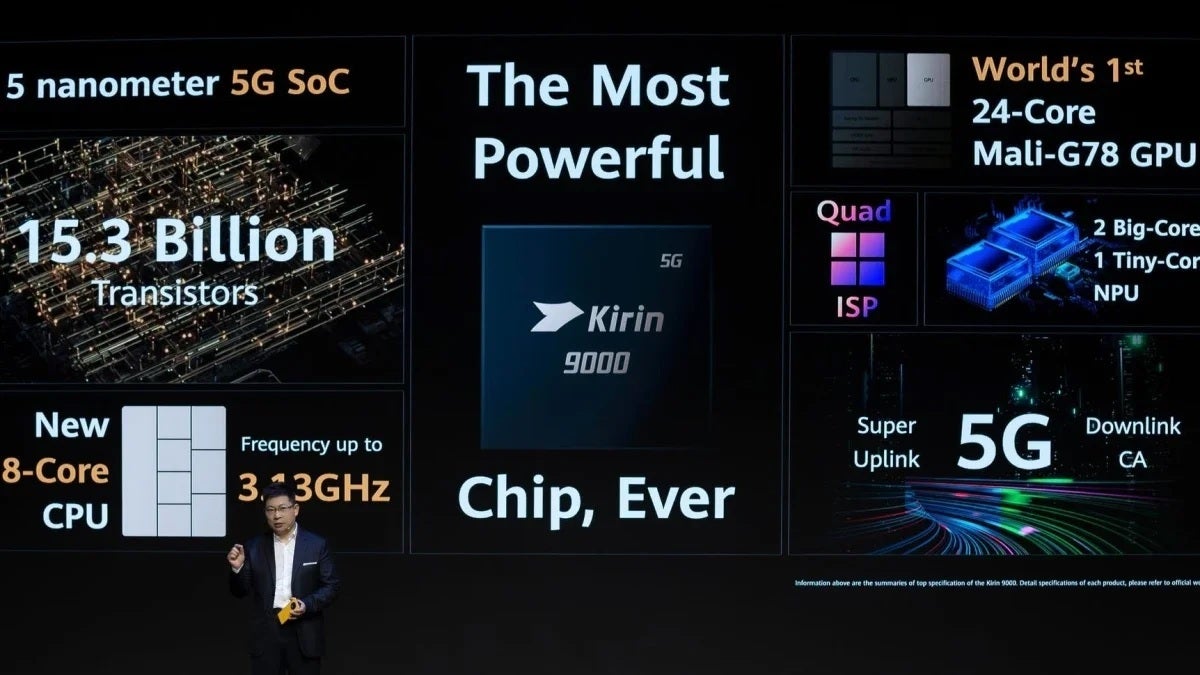Huawei was forced to obtain a license from the U.S. Commerce Department that allowed it to use Qualcomm’s Snapdragon chips to power its P50, Mate 50, and P60 flagship models. However, those chips were tweaked so that they couldn’t work with 5G networks. The creation of the Kirin 9000s has been a controversy and a mystery and now the Biden administration says that SMIC might have violated the U.S. sanctions in producing the Kirin 9000s for Huawei.

Until last August, the Kirin 9000 was Huawei’s last 5G chipset
During a congressional hearing held yesterday, Representative Michael McCaul asked the Commerce Department’s Alan Estevez if SMIC broke U.S. export rules to produce the Kirin 9000s. Estevez, who oversees export policy, said, “Potentially yes. We will have to assess.” He was also asked whether SMIC used American tools to build the chip for Huawei and he responded, “I can’t talk about any investigations that may or may not be going. But we certainly share those concerns.”
SMIC does not have access to an extreme ultraviolet lithography (EUV) machine that etches very thin circuitry patterns on silicon wafers to help position billions of transistors. The foundry does own deep ultraviolet lithography (DUV) machines that are used to produce less advanced chips. Only one company in the world makes these tools and that company, Dutch firm ASML, is banned from selling its EUV machines to SMIC by the U.S.
